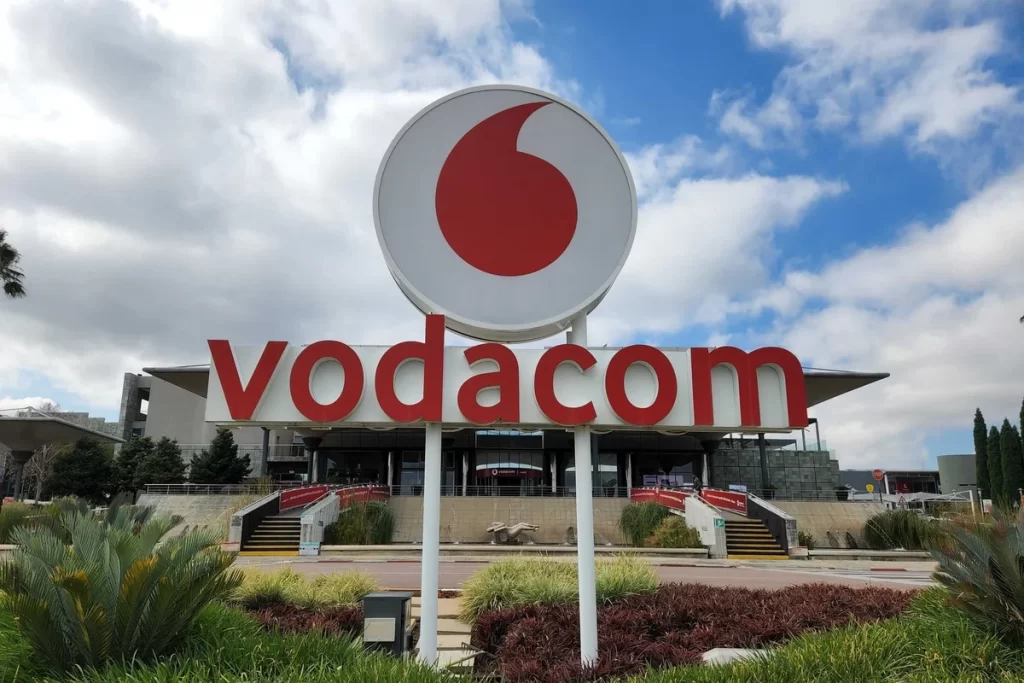On Tuesday the Competition Commission has made the decision to block the proposed merger between leading mobile network operator Vodacom and fibre broadband provider Vumatel. The decision, announced earlier today, comes after a comprehensive review of the potential impact of the merger on market competition and consumer choice.
The proposed merger, which aimed to bring together Vodacom’s expansive mobile network services and Vumatel’s high-speed fibre broadband infrastructure, had garnered attention due to its potential to reshape the country’s telecom landscape. However, concerns about its potential effects on market competition ultimately led to its rejection.
The Competition Commission’s decision underscores the importance of maintaining a competitive market environment to ensure that consumers have access to diverse options, fair pricing, and innovative services. The commission raised concerns that the merger could result in a concentration of power and reduced competition in both the mobile and broadband sectors.
The rejection of the merger proposal has sparked discussions among industry experts and stakeholders. While both Vodacom and Vumatel had highlighted potential benefits such as increased efficiency and synergies, critics argued that such consolidation could stifle innovation and limit choices for consumers.
The deal, which has been in the works since 2021, would see Vodacom buy a large stake in Maziv, the company that owns Vumatel and Dark Fibre Africa (DFA). DFA provides fibre services in and between SA’s towns and cities.
Maziv is owned by Community Investment Ventures Holdings (CIVH), which falls under JSE-listed investment holding company Remgro.
After the commission recommended on Tuesday that the deal be blocked, Maziv said it would seek to have the merger approved by the Competition Tribunal. The tribunal can overturn recommendations made by the commission for some mergers.
As the telecommunications landscape evolves and demands for connectivity grow, the Competition Commission’s decision sends a clear signal about the need to balance market consolidation with competition to ensure that consumers are provided with the best services at fair prices.
With this decision, attention now turns to the future of both Vodacom and Vumatel, as well as potential strategies for expanding broadband access and improving telecommunications services while upholding healthy market competition.
